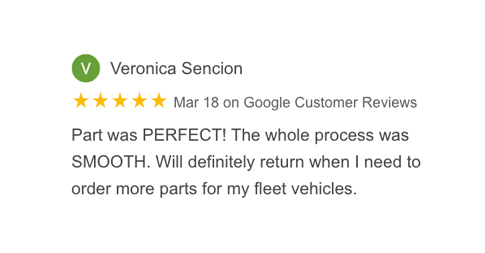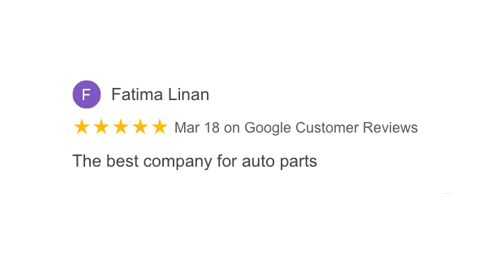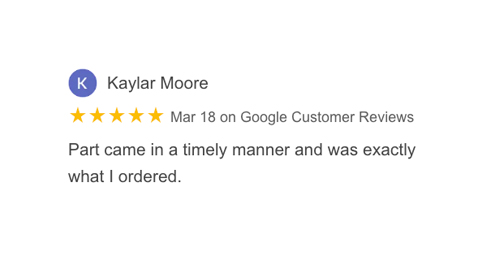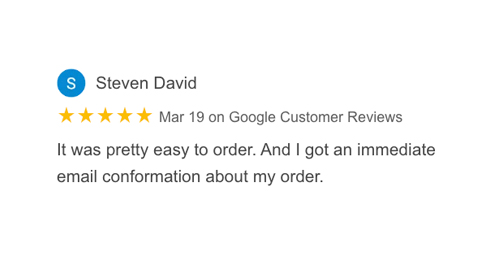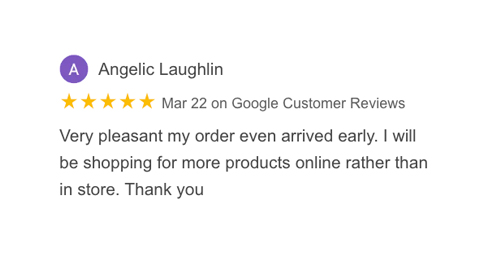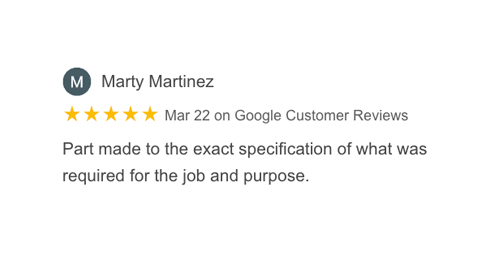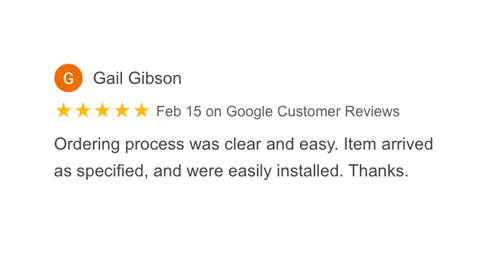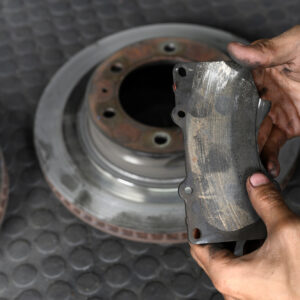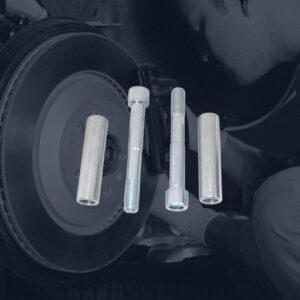Brake lag isn’t necessarily a bad thing. In fact, it’s a natural part of the braking process that’s used to calculate the stopping distance. However, too much brake lag is a different story. It’s often caused by serious issues in the brake system that can get worse the longer you ignore it.
What Is Brake Lag?
Brake lag refers to the time it takes for the brakes to engage after you step on the brake pedal.
Brake lag is more noticeable in air brake systems typically found in larger vehicles. This is because it takes more time for air to travel through the brake system than it does for brake fluid in a hydraulic brake system.
Brake lag in an air brake system can vary, but it’s usually around 4/10 of a second.
What Is Stopping Distance?
To compute a vehicle’s stopping distance, all you have to do is add the driver’s reaction time, brake lag, and braking distance.
Reaction time refers to the amount of time it takes for a driver to apply the brakes after realizing the need to stop the vehicle. On the other hand, braking distance refers to the distance traveled by the car after brake application until it comes to a complete stop.
Too much brake lag increases one’s stopping distance, which can make it hard to predict when to stop your car. Understanding this is key to safely stopping your vehicle on the road without bumping into another car or object.
Why Are My Brakes Not Stopping Fast Enough?
Here are common reasons why your braking power is low or less effective:
Dirty or Low Brake Fluid
Brake fluid makes it possible to stop your car with a simple press on the brake pedal. It translates this force into pressure and sends it to the front and rear brakes through the brake lines.
A leak in the system can lead to low brake fluid levels, which can prevent the brake system from building enough pressure. Likewise, dirty or contaminated brake fluid can cause the brake system to malfunction.
Worn Brake Pads
While most manufacturers recommend replacing brake pads every 25,000 to 65,000 miles, the exact interval can vary depending on several factors. For example, if you drive a heavy vehicle or frequent city roads with lots of traffic, you likely have to change your brake pads more often.
Driving around with worn brake pads can cause brake lag, increasing your stopping distance and putting you at greater risk of getting into an accident.
Deteriorated Brake Rotors
To stop the vehicle, the brake pads press against the brake rotors, creating friction that slows the spinning wheel until it eventually stops.
Worn brake rotors make uneven contact with the brake pads, leading to a delay in braking performance. If this is the case, you’ll have to resurface the warped brake rotors or replace them with new ones.
Faulty Disc Brake Caliper
Aside from brake lag, a stuck brake caliper can also cause your vehicle to pull to one side. A caliper that’s stuck in the applied position means the brake pads can only apply pressure to one side of the rotor, resulting in less braking efficiency.
Malfunctioning Brake Booster
If you have to press the brakes hard just to stop, then you might be dealing with a faulty brake booster. The brake booster helps you stop the vehicle with little to no effort by amplifying the torque from the brake pedal. When it fails, the brake pedal can feel stiff, making it harder to stop your car.
In some cases, the issue lies in the brake booster’s seal, which can lead to a vacuum leak and several engine problems.
Damaged Master Cylinder
When you press the brake pedal, the master cylinder converts this force into hydraulic pressure, which then activates the brake calipers and stops your vehicle. A damaged or leaking master cylinder can cause the pedal to feel spongy and the brakes to respond slowly.
Leaking Brake Lines
When brake lines are exposed to road salt and moisture, they can rust and crack. This can result in leaks and lead to insufficient brake fluid in the system. In the worst-case scenario, there won’t be enough brake pressure to stop the vehicle, resulting in complete brake failure.
If your brakes fail, however, there’s still a way you can stop your car safely. You have to pump your brakes to warn other drivers around you. Then, when you build enough brake pressure, you can slowly apply your parking brake until you can pull over.
Air in the Brake Lines
When air enters the brake lines, you’ll notice a significant drop in braking efficiency. These air pockets will compress when you press the pedal, slowing down the brake pressure as it reaches the calipers. This can cause the brakes to feel spongy and create excessive brake lag.
To fix this, you’ll need to bleed the brakes to remove all the air from the brake system.
Worn Shock Absorbers
As an important part of your vehicle’s suspension, shock absorbers stop your car from bouncing and ensure that your tires meet the road evenly. Worn or leaking shock absorbers won’t be able to do that. Because your tires aren’t making proper contact with the road, your brakes will struggle to stop your vehicle in time.
Is It Safe To Drive With Brake Lag?
No, excessive brake lag is a serious issue that needs your immediate attention. A delayed braking response makes your brakes unpredictable, which puts you at greater risk of getting into an accident. For your own safety, it’s best to bring your vehicle to an auto repair shop, so mechanics can fix the issue as soon as possible.
Any information provided on this Website is for informational purposes only and is not intended to replace consultation with a professional mechanic. The accuracy and timeliness of the information may change from the time of publication.

